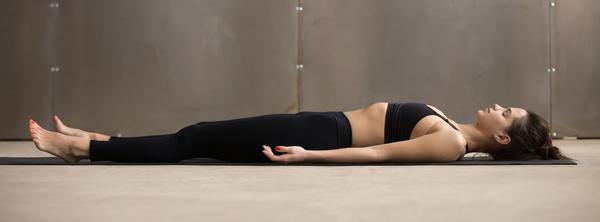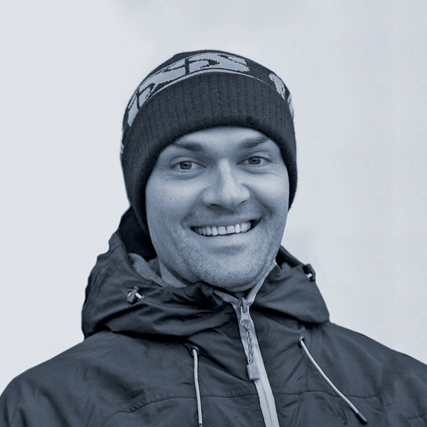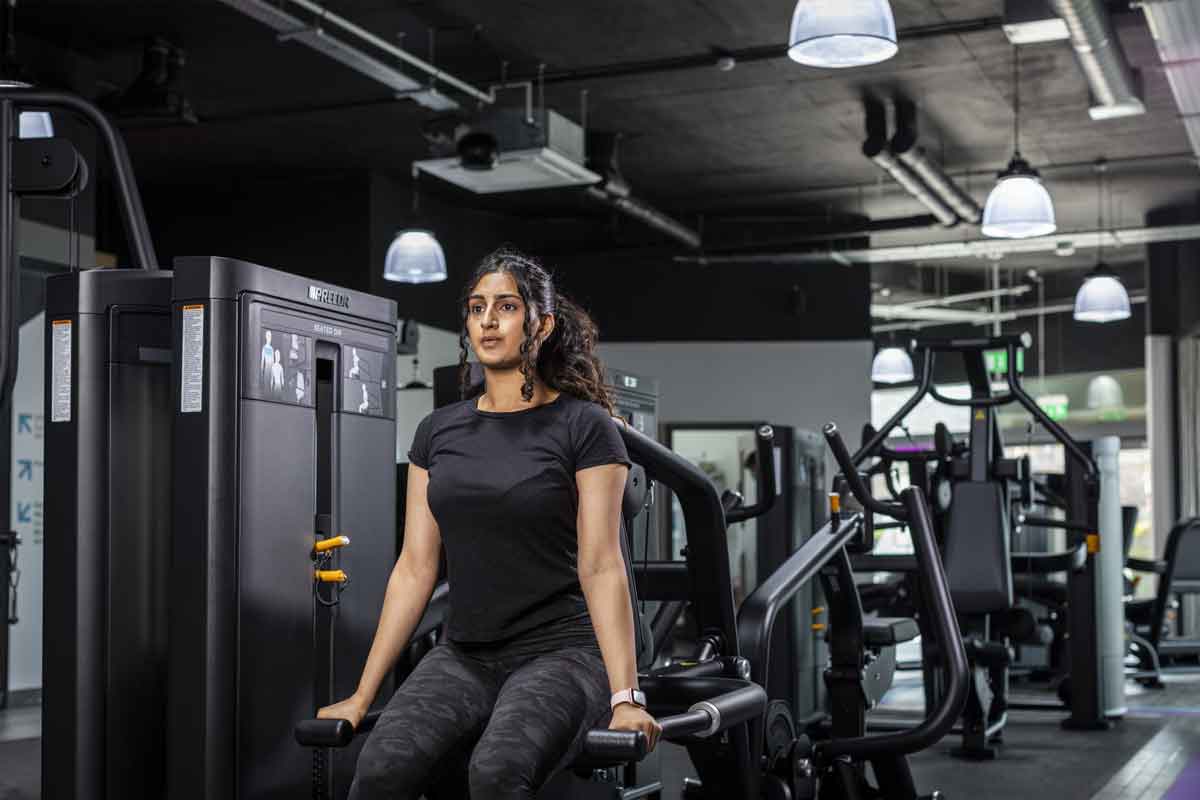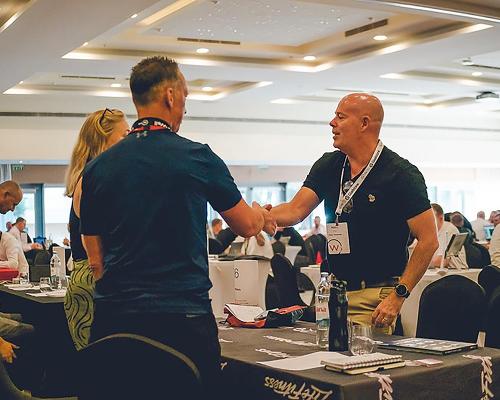Talking point: Recovery
The biggest exercise gains are made during recovery, but do people understand the importance of taking a pause or do they feel guilty about allowing themselves some healing time? Kath Hudson reports

There is so much talk about the health and fitness sector’s role in motivating the inactive to move more that we often forget about the opposite end of the spectrum: over exercising among the highly motivated or chronically stressed.
Fear of missing a workout can drive keen members to push themselves too hard and occasionally a negative cycle can occur, where they start to lose performance, so push themselves harder when they should be backing off.
This can especially be the case if they are coping with stress in other parts of their lives, particularly over a prolonged period. Lifestyle stress raises the fight or flight response, elevating the stress hormones adrenalin and cortisol, and potentially suppressing the immune system. If overridden for too long this can lead to burnout.
Elite athletes and coaches have known for years that progress happens during recovery, rather than during training. Our bodies adjust to a stressor by triggering growth mechanisms. Once the stress is over, we shift to recovery and rebuilding mode, to adapt to the stressor. Ideally, we recover to be better adapted than before.
But, when we over-exercise, or if we have too many other stressors, our bodies can’t recover. Vivek Menon from Elite HRV explains: “This can manifest in many ways, including the inability to make fitness gains; greater susceptibility to injuries and illness; hormonal disruption and gut health issues. In general, the longer the over-exercise or over-stress occurs, the worse the impact and the longer the recovery.”
So how can fitness professionals ensure they communicate the importance of recovery? We ask the experts
Elite HRV: chief commercial officer

Over-exercise is something of an epidemic, as it’s in our culture to train harder, work harder, play harder, and sleep less. Most, if not all, of our fitness-focused users come to us because they want to understand how to train better and this often leads them on a journey of self-awareness, not just about their training, but their whole lifestyle.
Like everything else, recovery needs to be individualised and there is a growing amount of technology available to help remove the guesswork. For example, our service tracks heart rate variability (HRV), with a two minute daily test conducted via a finger sensor and a free mobile app. HRV is an efficient indicator of the state of the nervous system and overall stress load.
Services like ours are heading for the mainstream, as more people realise a cookie-cutter approach to health doesn’t work. Smart trainers, coaches and facilities are already leading the way and putting more focus on recovery and other supportive factors, such as nutrition, sleep, mental stress, circadian rhythms and gut health.
There’s a ton of interesting and cool technology coming on stream to assist recovery, including high-altitude chambers, infrared therapy, injectables, cryotherapy and supplements. Over time, there will be good data showcasing which of those work for which types of recovery and individuals. Fitness businesses will soon have a lot of proven tools to work with when it comes to services that promote recovery, and going forward we expect the health and fitness community to use these to play an even larger role in keeping the healthy healthier for longer.
Health and exercise coach

When I was juggling two toddlers with a demanding job, and coping with chronic stress related to PTSD, I used distance running as my support system. Although I felt energised afterwards and it was good for my mental state, I omitted to account for the stress on my body and the training load tipped me over the edge to burnout.
Many people suffering from stress join a gym to use exercise to manage it, so trainers need to take a real interest in their lives and ask lots of questions to understand their lifestyle and to design appropriate programmes. How much sleep are they getting? How many hours are they working? What’s their alcohol and caffeine intake? How are their relationships? Monitoring heart rate variability is a great way to get an objective overview of how stressed someone is, as it doesn’t rely on a client reporting psychological stress.
If there is a pattern of ongoing prolonged life stress and little progress in their performance, they need frequent, low intensity workouts.
Introducing mindfulness, meditation, yoga and/or Pilates to their programme is also beneficial, as these practices have been proven to help lower stress and improve heart rate variability, therefore allowing more efficient training.
If someone is experiencing short term stress, high intensity exercise may still be possible, although they won’t get high performance, they will get stress relief and emotional comfort. However, if they are experiencing chronic stress – anything more a couple of weeks – they will most definitely have limited capacity to train intensely. When people are chronically stressed they present with fatigue, low mood, suppressed immune systems, inflammation, pain and poor recovery from training sessions.

Victus Soul: CEO

Proper recovery is crucial for continual improvement. If the rate and type of recovery is appropriate, higher training volumes and intensities are achievable without the detrimental effects of overtraining. We like to use active recovery within our classes, as this allows our customers to recover both physically and mentally from the stresses of training.
The final eight minutes of our classes involve active recovery built around a primal movement flow.
Active recovery reduces the build-up of lactic acid and minimises post-exercise stiffness; helps alleviate fatigue, so people leave the class with a similar heart rate to the beginning. It also promotes blood flow to joints and muscles and allows recovery for the mind.
We educate our customers to listen to their bodies and take a day off if they need to – this has no impact on fitness, while helping to prevent burnout and the risk of injury. Quality over quantity is always encouraged while working out: incorrect form and technique, which come about through tiredness, leaves you more susceptible to injury.
The general public is not aware of the importance of recovery, so the health and fitness sector needs to do more to help educate and identify the most appropriate training recovery programmes for our clients. To do this, health and fitness professionals must fully understand the concept themselves, and recognise the considerable benefits of incorporating it into training sessions.
Milway Performance Coaching

Recovery is critical to realising the benefits of the hard work done in training, as there’s a relationship between stimulus, fatigue, recovery and adaptation.
A holistic approach to lifestyle and self care is crucial: sleep is important and nutrition is key. Protein intake must be sufficient, and carbohydrate intake should be enough to refill the tank. For me, true recovery also involves being off your feet and also off your phone!
An individual approach is needed to work out recovery levels, as people need to balance the demands of their day. Someone able to train and then rest/recover will be able to do more work and positively adapt than someone who trains, goes to work, deals with the kids, doesn’t eat properly and then is late to bed.
Active recovery is very beneficial, but only if done at recovery levels – some athletes find it a waste to rest, so they turn a recovery session into another workout! Going for a few easy lengths in the pool, a yoga class or a very light cycle to a coffee shop can all be very beneficial.
Fitness professionals should be impressing on clients the importance of recovery and teaching them to see a day off as a benefit, not a waste of time. Having a plan is useful, so people can see when they’re working hard, and when it’s time to back off. Diet also plays a big part in recovery, as without appropriate food and calorie intake, progress can be limited.


Duty Manager
Duty Manager Golf and Athletics
Leisure Centre Duty Manager
Leisure Supervisor (Development)
Recreation Assistant (Dry Site)
Party Leader
Cleaning Assistant
Duty Manager
Duty Manager
Centre Manager (Leisure)
Director of Operations
Fitness Motivator
Recreation Assistant/Lifeguard (NPLQ required)
Recreation Assistant
Swim Teacher
Swim Teacher
Chief Executive Officer, Mount Batten Centre
Swimming Teacher
Swimming Teacher
Company profile

Featured Supplier

Property & Tenders
Company: Knight Frank
Company: Belvoir Castle
Company: AVISON YOUNG
Company: London Borough of Bexley
Company: Forestry England














